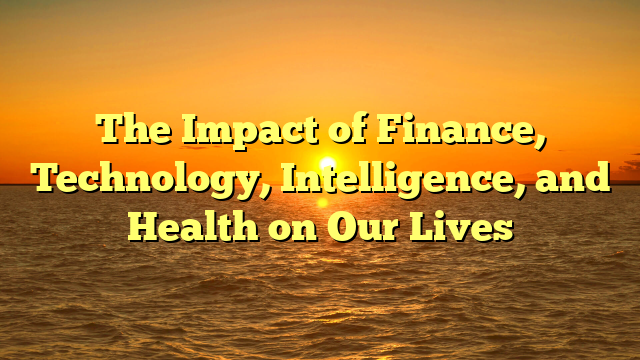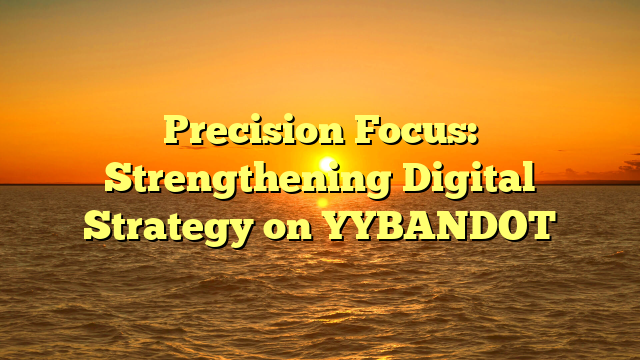
The Impact of Finance, Technology, Intelligence, and Health on Our Lives
Introduction
As we navigate the complexities of modern life, the economy, technology, intelligence, and personal wellness play crucial roles. Each of these elements is intertwined, creating a dynamic system that impacts how we live, work, and interact with the world.
Finance: The Lifeblood of Progress
Finance has always been the driving force behind human development. Whether we’re managing household expenses or investing in stocks, finance affects everything we do. Today, the role of finance extends beyond mere transactions; it determines the strength of economies, investment opportunities, and even social mobility.
The integration of technology into finance has reshaped how we handle money. With the rise of digital platforms, managing finances is more convenient and accessible than ever before. Technology has also brought about changes in investing, with AI algorithms predicting stock market trends, allowing investors to make more informed decisions.
Technology: The Catalyst for Innovation
Technology is no longer just a tool; it is the engine behind societal progress. From smartphones to artificial intelligence, technological innovations continue to alter how we live, work, and communicate. AI-driven solutions have improved productivity, reshaped economies, and enhanced the way we interact with various sectors like healthcare and finance. In healthcare, technology is revolutionizing patient care, from advanced diagnostic tools to personalized medical treatments.
The fusion of finance and technology—fintech—has become a dominant force. Ranging from digital banking to automated financial advising, technology is helping make financial services more efficient, faster, and accessible. Technological innovations like blockchain are making transactions more secure, transparent, and decentralized.
Intelligence: The Power Behind Decision-Making
Intelligence, both artificial and human, is the foundation of decision-making in modern life. Machine learning algorithms allow organizations to sift through vast amounts of data, providing insights that aid in decision-making and strategic planning. Beyond finance and healthcare, AI also advances cognitive functions like speech recognition and image analysis.
Although AI has made great strides, human intelligence continues to be indispensable in areas that require emotional understanding, creativity, and ethical reasoning. Cognitive abilities play a significant role in personal growth, learning, and adapting to new environments. While AI handles repetitive tasks, human intelligence will still be required to navigate ambiguity, ethical dilemmas, and high-stakes decisions.
Health: The Foundation of Happiness
Health is often considered the greatest wealth, as without it, all other endeavors lose significance. In recent years, there has been a shift toward a more holistic understanding of health, incorporating both physical and mental well-being. Technological advancements have played a pivotal role in this transformation, with wearables and health apps helping individuals monitor and improve their health. AI is also contributing to health care by improving diagnostics, treatment accuracy, and patient outcomes.
Taking care of one’s health requires attention to both the body and the mind. With Slot Mpo Online , anxiety, and other mental health challenges becoming more prominent, cognitive health is just as important as physical health. In the workplace, organizations are increasingly recognizing the importance of employee well-being, offering resources for mental health and physical fitness.
Conclusion
The relationship between finance, technology, intelligence, and health is clearer than ever. The intersection of these areas will continue to influence the course of human development. By understanding how these forces work together, we can create a more prosperous and sustainable world for future generations.



